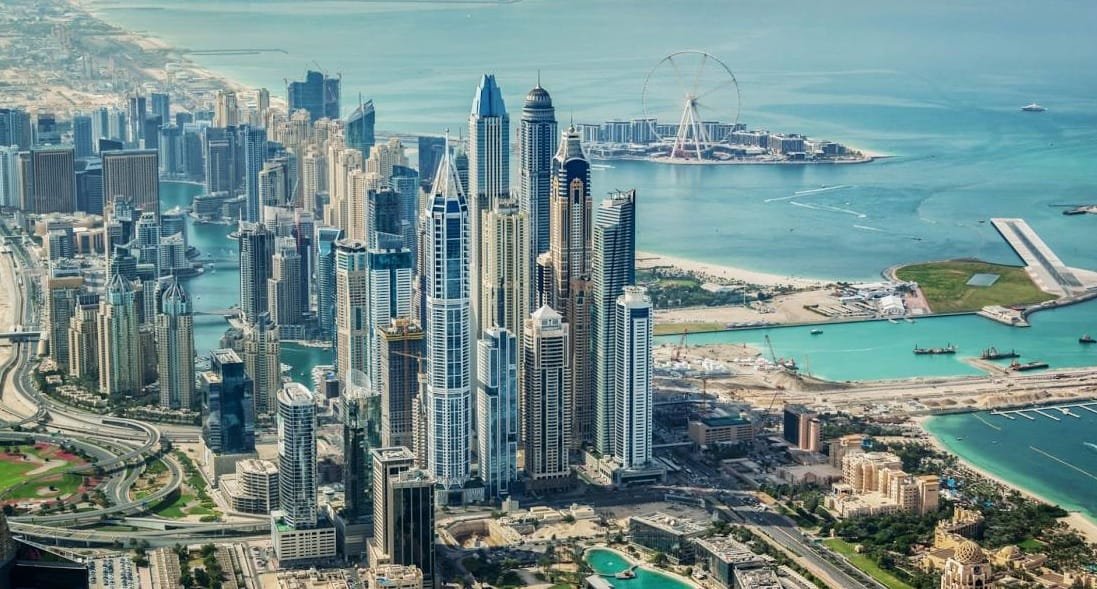For many years, the United Arab Emirates (UAE) has been considered a tax haven, attracting companies and investors with its tax-free policy. However, from June 1, 2023, the government has introduced a corporate tax of 9 % for companies, marking a major turning point for the business environment in the UAE. Despite this tax change, the UAE remains an attractive location for businesses, but there are some important points that entrepreneurs and investors should know about this new regime.
Table of contents
1. Who is affected by the 9% tax?
The 9% corporate tax primarily affects companies that operate in the UAE and make a profit of more than AED 375,000 (approximately USD 100,000) per year. Smaller companies and start-ups with a profit below this threshold are exempt from the tax, which is particularly beneficial for smaller entrepreneurs.
There are also specific exemptions, such as companies in free zones, which continue to benefit from a tax exemption provided they meet certain conditions, such as not carrying out business on the UAE mainland. In addition, individuals remain unaffected by this tax as it only applies to companies and not to personal income.
2. Why was the tax introduced?
The introduction of the corporate tax is part of a broader UAE strategy to diversify its economy and align with global standards. In a world where international companies are increasingly judged on transparent and fair tax practices, this move was also necessary to meet international requirements such as those of the OECD.
The UAE also wants to position itself as a stable and sustainable business location and further reduce its dependence on oil and gas. The introduction of corporate tax is intended to contribute to a more sustainable and diversified economy in the long term.
3. Comparison with other countries
Despite the introduction of corporate tax, the UAE remains highly competitive compared to many other countries. In Germany, for example, the corporate tax rate is around 30%, in France around 25%, and other international financial centers such as Singapore and Hong Kong also have higher tax rates. The 9 % in the UAE therefore remains very attractive by international standards.
4. Effects on companies
The introduction of the tax means that many companies will have to adapt their tax planning and financial strategies. Companies that previously benefited from the tax-free environment will now have to recalculate their margins and budgets. Nevertheless, the burden of the 9% tax in the UAE is expected to remain relatively low, especially compared to the high tax rates in other countries.
In addition, the UAE continues to offer numerous advantages that make it attractive to businesses, including a strong focus on innovation, excellent infrastructure, a strategic geographical location and a stable political environment.
5. Conclusion: Will the UAE remain attractive?
Despite the introduction of corporate tax, the UAE remains an extremely attractive location for companies. The 9% tax is low by global standards and only applies to companies with high profits. The free zones, which continue to offer tax advantages, as well as the government's general promotion of business, continue to make the UAE a prime location for business start-ups and international investment.
However, companies that want to operate in the UAE in the long term should adapt to the new tax framework and adjust their financial strategies accordingly. Overall, the introduction of corporate tax remains a moderate and calculable step towards a future-proof economy in the UAE.


















